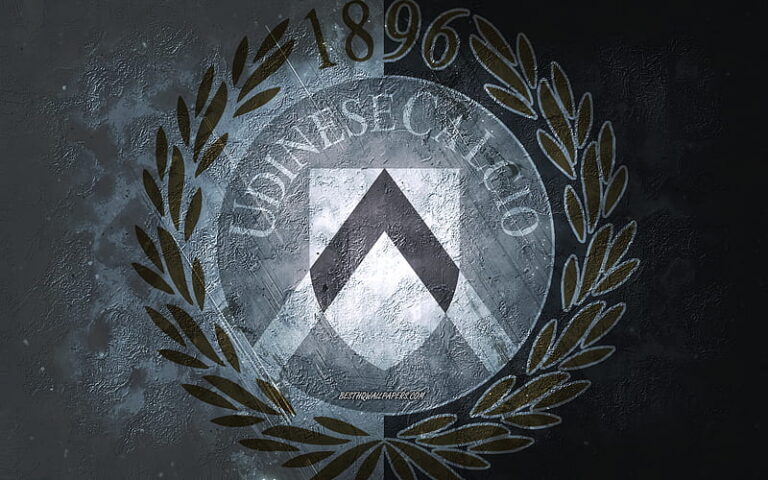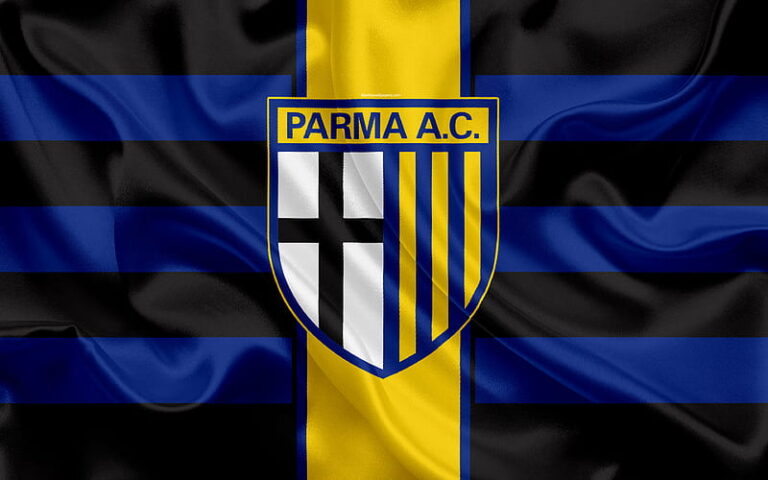Jagiellonia Białystok Club, one of Poland’s most exciting football clubs, has steadily grown from regional roots to national prominence. Known for its passionate supporters, strong youth academy, and ambitious football philosophy, Jagiellonia has become a true symbol of pride for the Podlasie region. This article explores the club’s history, achievements, identity, and what makes Jagiellonia Białystok a standout name in Polish football https://u888.trading/.
The Origins of Jagiellonia Białystok Club
Jagiellonia Białystok was founded in 1920, making it one of the oldest professional football clubs in Poland. The club’s name and colors were inspired by the Jagiellonian dynasty, a historic royal family that ruled much of Central Europe. From its early days, Jagiellonia embodied the spirit of resilience and community that defines the city of Białystok.
During the interwar years, the club competed in local and regional tournaments, gaining popularity among working-class fans and students alike. However, World War II interrupted its development, and it wasn’t until the post-war period that Jagiellonia began rebuilding its sporting legacy. By the 1970s and 1980s, the club started making significant strides toward the Polish top flight.
Rise to the Ekstraklasa and Modern Success
Jagiellonia Białystok first appeared in the Ekstraklasa, Poland’s premier football league, in 1987, marking a turning point in the club’s history. Although its early years in the top division were challenging, the club demonstrated determination to stay competitive among stronger teams.
The 21st century brought a new era of professionalism and ambition. After a series of promotions and structural improvements, Jagiellonia firmly established itself in the Ekstraklasa. Under the guidance of talented managers and driven players, the club began to challenge traditional Polish powerhouses such as Legia Warsaw, Lech Poznań, and Wisła Kraków.
One of the greatest achievements came in 2010, when Jagiellonia won its first major trophy — the Polish Cup (Puchar Polski). The following year, the team lifted the Polish SuperCup, solidifying its reputation as a force to be reckoned with. These victories marked the beginning of a consistent run of success and continental aspirations.
Jagiellonia’s Style of Play and Football Philosophy
Jagiellonia Białystok is renowned for its dynamic attacking football, technical skill, and emphasis on homegrown talent. The club’s management has long prioritized developing young Polish players through its academy system, one of the best in Eastern Poland. Many graduates have gone on to represent both the club and the Poland national team.
Tactically, Jagiellonia often favors a balanced 4-2-3-1 or 4-3-3 formation, emphasizing quick transitions, pressing, and creative wing play. The team’s style reflects both modern European football trends and the energetic spirit of its supporters. In recent years, foreign players from the Balkans, South America, and Scandinavia have added flair and international experience to the squad.
The Home Fortress: Stadion Miejski w Białymstoku
Jagiellonia’s home matches are played at the Stadion Miejski w Białymstoku, a modern and vibrant arena that stands as one of the most impressive football stadiums in Poland. Officially opened in 2014, it holds over 22,000 spectators and meets UEFA standards for international matches.
The atmosphere at the stadium is electric — driven by the club’s dedicated ultras and local fans, who fill the stands with yellow and red colors, echoing the club’s famous nickname, “Jaga.” The chants, flares, and unwavering energy make every home game a memorable event, showcasing the deep bond between the team and the city U888 Deposit.
Notable Players and Legends
Throughout its history, Jagiellonia Białystok has been home to several iconic players who left their mark on Polish football. Some of the most notable names include:
-
Tomasz Frankowski – A Polish football legend and prolific striker who played a vital role in Jagiellonia’s success during the 2000s.
-
Grzegorz Sandomierski – A talented goalkeeper who developed through the Jagiellonia youth ranks and represented Poland internationally.
-
Taras Romańczuk – The long-serving captain and midfield engine, admired for his leadership, consistency, and passion for the club.
-
Cillian Sheridan – The Irish forward who brought international flair and experience during Jagiellonia’s European campaigns.
These players symbolize the diversity and professionalism that define the Jagiellonia spirit.
European Adventures and Ambitions
Jagiellonia Białystok’s domestic success earned them opportunities to compete in European competitions, including the UEFA Europa League qualifiers. Though they have yet to make a deep run in continental tournaments, these experiences have strengthened the club’s ambitions and international visibility.
The management’s long-term goal is to transform Jagiellonia into a consistent top-four team in Poland and a regular presence in Europe. Investments in training facilities, scouting networks, and youth development continue to push the club toward sustainable success.
Community, Culture, and Identity
What truly sets Jagiellonia Białystok apart is its strong connection to local identity. The club represents not only the city but also the broader Podlaskie region, an area known for its multicultural heritage and resilience. Jagiellonia has become a unifying symbol of pride for people from Białystok and beyond.
The club also engages in community programs, promoting youth football, charity initiatives, and social inclusion. Fans often describe Jagiellonia as more than just a team — it’s a family that unites generations of supporters under one banner.
Looking Ahead: The Future of Jagiellonia Białystok
As Polish football continues to evolve, Jagiellonia Białystok remains one of the country’s most promising clubs. With a stable organizational structure, growing fan base, and commitment to modern football development, “Jaga” is well-positioned to challenge for future titles.
Ambitions for the next decade include:
-
Strengthening the youth academy pipeline.
-
Building a consistent presence in European competitions.
-
Expanding the club’s brand internationally.
-
Maintaining financial and sporting stability.
The passion of the fans, combined with the club’s smart strategy, ensures that Jagiellonia Białystok will continue to rise on both domestic and continental stages.
Conclusion
From humble beginnings in 1920 to becoming one of Poland’s most respected football institutions, Jagiellonia Białystok Club has built a legacy rooted in perseverance, community, and ambition. The club’s mix of tradition and modernity, its talented players, and its electrifying home atmosphere make it a cornerstone of Polish football culture.
Whether you’re a die-hard supporter or a neutral football enthusiast, Jagiellonia Białystok stands as a shining example of how regional pride can blossom into national glory — proving that heart, hard work, and unity can drive a club toward greatness.


